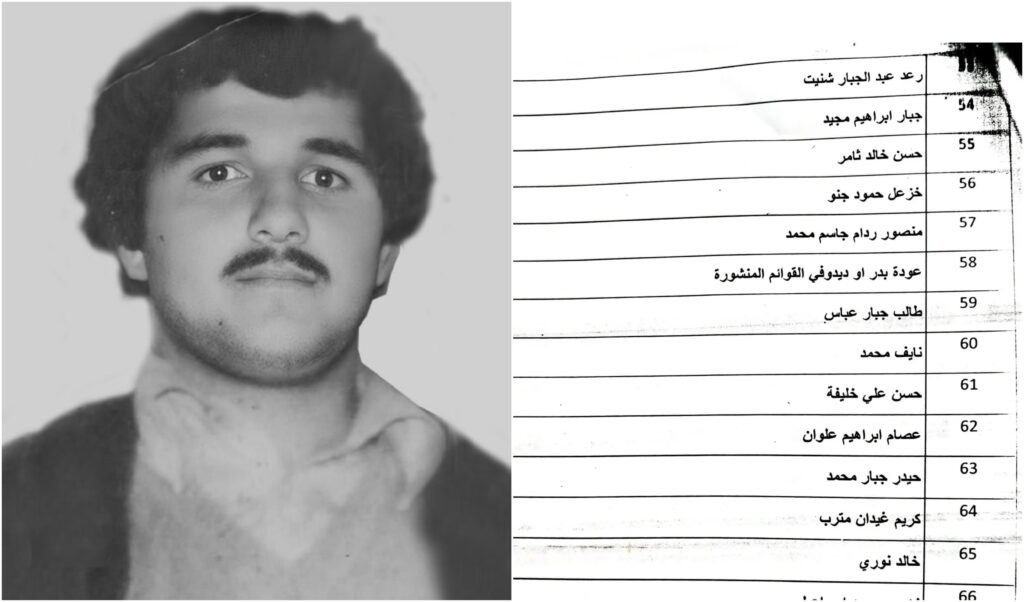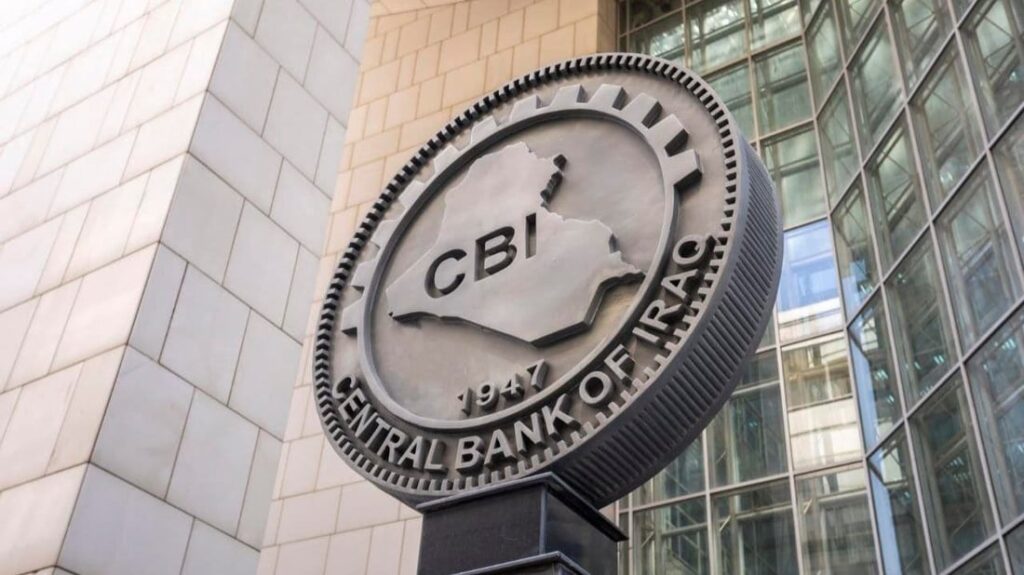Red meat, tomato prices rise as import tariffs bite

Umed Qadir, a butcher from Sulaimani, had already seen the price of red meat rising. High tariffs at the Region’s border crossings, however, have made matters worse.
“The price of red meat for butchers’ shops has increased. In addition to that, there are also tariffs on them once they are imported,” Qadir told Rudaw.
“The solution lies with the [Kurdistan Regional] government. The government should engage in talks with border crossing authorities forcing them to remove tariffs on imports.”
Tomatoes, too – a staple of Kurdish cookery – are feeling the squeeze.
“We are calling on the Kurdistan Region through their channels to allow the imports of [livestock and tomatoes] to resume,” Haji Sarwar, head of the Sulaimani Fruit and Vegetable Market, told Rudaw, referring to new controls on imports from Iran and Turkey.
Prices will rise again, if politicians fail to act, he warned.
These price hikes are not felt evenly across the Region, however. One kilo of red meat has risen on average by 500 IQD ($0.42) in Erbil and Duhok. But in Sulaimani, it has skyrocketed by as much 2,000 IQD ($1.68).
Shalaw Jamal, head of the Sulaimani Agriculture Department, identifies three reasons for the price hike.
“The first reason is that we are nearing the spring, during which red meat is consumed more than any other thing,” Jamal said.
“The other main reason is the unification of customs duties between Iraq and the Kurdistan Region [in mid-February] leading to added tariffs on imported meat products. This has directly resulted in the price hike in local markets,” he said.
Thirdly, Iran and Turkey have recently taken strict measures to stop food smuggling into the Kurdistan Region – eating up the once thriving black market trade.
“Unfortunately, until know, we have not been able to meet our domestic demands thus we are forced to seek imports from other counties,” Jamal added.
A history of cheap imports from abroad has crushed local production. This is evident in the markets of Duhok.
Akram Sarki, a local grocer in Duhok, said the price hikes can also be blamed on “the deteriorating state of farming in the Kurdistan Region.”
“We have nothing to depend on for our own domestic use. What is here in our markets come from other countries,” Sarki told Rudaw.
He called on the regional government to urgently support local farming.
Meanwhile in the regional capital Erbil, Ibrahim Ozaim, a member of the Erbil Fruit and Vegetable Market Council, warned that unless the price hikes were addressed, consumers would be the ones to suffer.
Ozaim said US sanctions imposed on Tehran have caused Iranian traders to cut its export of tomatoes, causing the price rise.
“It is just Iranian and Turkish tomato sold and bought in the Kurdistan Region,” he said.
Bolstering local farming would help protect the Region’s markets and consumers from temperamental trade conditions, he said.
Ozaim is not optimistic, however.
“The KRG does not support or encourage our farmers,” he said.


